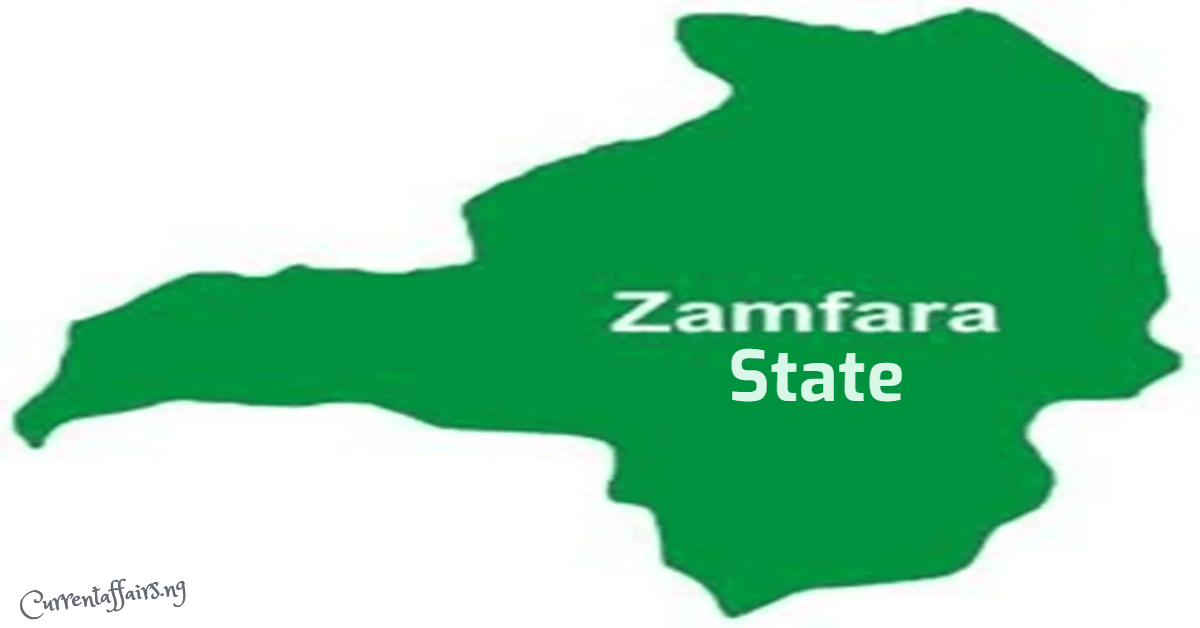A new report by the World Health Organisation (WHO) and United Nations (UN) partners has revealed that 840 million women worldwide have experienced partner or sexual violence during their lifetime, highlighting the persistence of one of humanity’s most entrenched human rights crises.
The study, released ahead of the International Day for the Elimination of Violence Against Women and Girls on November 25, shows that nearly one in three women globally has faced such violence, with little change since 2000.
In the past year alone, 316 million women, or 11 per cent of those aged 15 and older, experienced physical or sexual violence by an intimate partner. For the first time, the report also provides estimates of sexual violence by non-partners, revealing that 263 million women have faced such abuse since age 15, though experts warn this figure is likely under-reported due to stigma and fear.
WHO Director-General, Dr Tedros Adhanom Ghebreyesus, said violence against women was one of humanity’s oldest and most pervasive injustices, yet one of the least acted upon, stressing that no society could claim fairness, safety, or health while half its population lived in fear.
The DG emphasised that ending violence against women is not just a policy matter but a question of dignity, equality, and human rights, noting that behind every statistic is a woman or girl whose life has been irreversibly affected. Despite evidence on effective prevention strategies, the report cautioned that funding is collapsing.
In 2022, only 0.2 per cent of global development aid was allocated to programmes addressing violence against women, with support declining further in 2025, even as socio-economic inequality and humanitarian crises increase risks for women and girls.
The report highlighted the lifelong impacts of violence, including unintended pregnancies, a higher risk of sexually transmitted infections, and depression. Violence often begins early: 12.5 million adolescent girls aged 15–19, or 16 per cent of that group, experienced intimate partner violence in the past year.
The WHO called on governments to scale up prevention programmes, strengthen survivor-centred services, invest in data systems, and enforce laws that empower women and girls.






